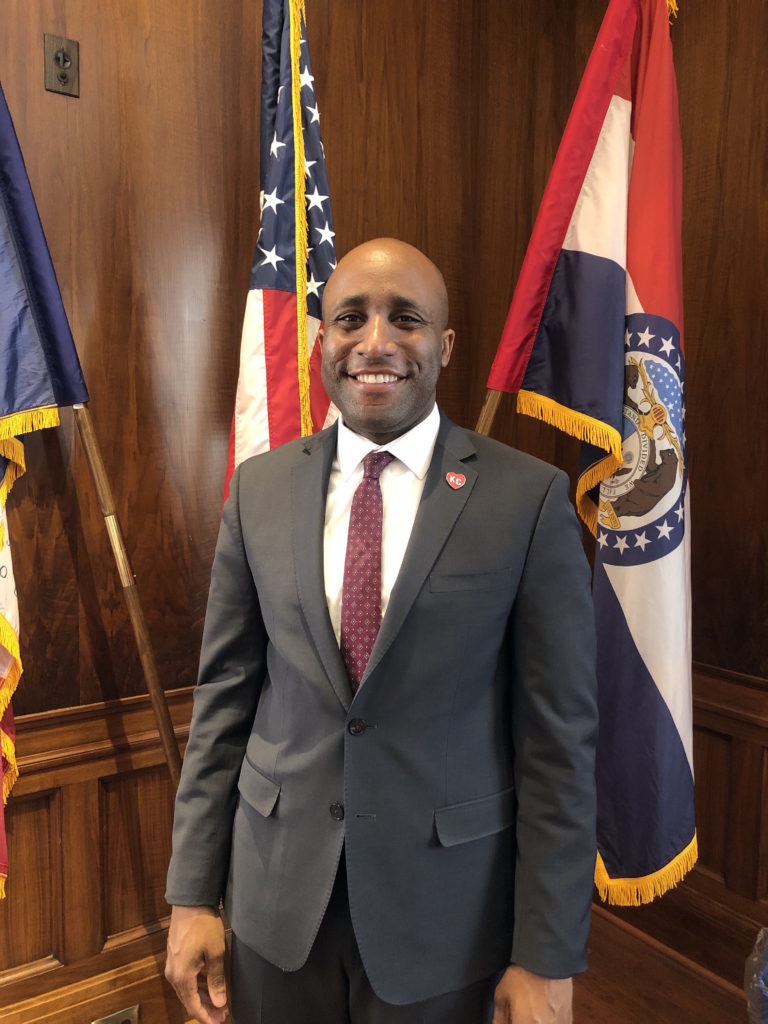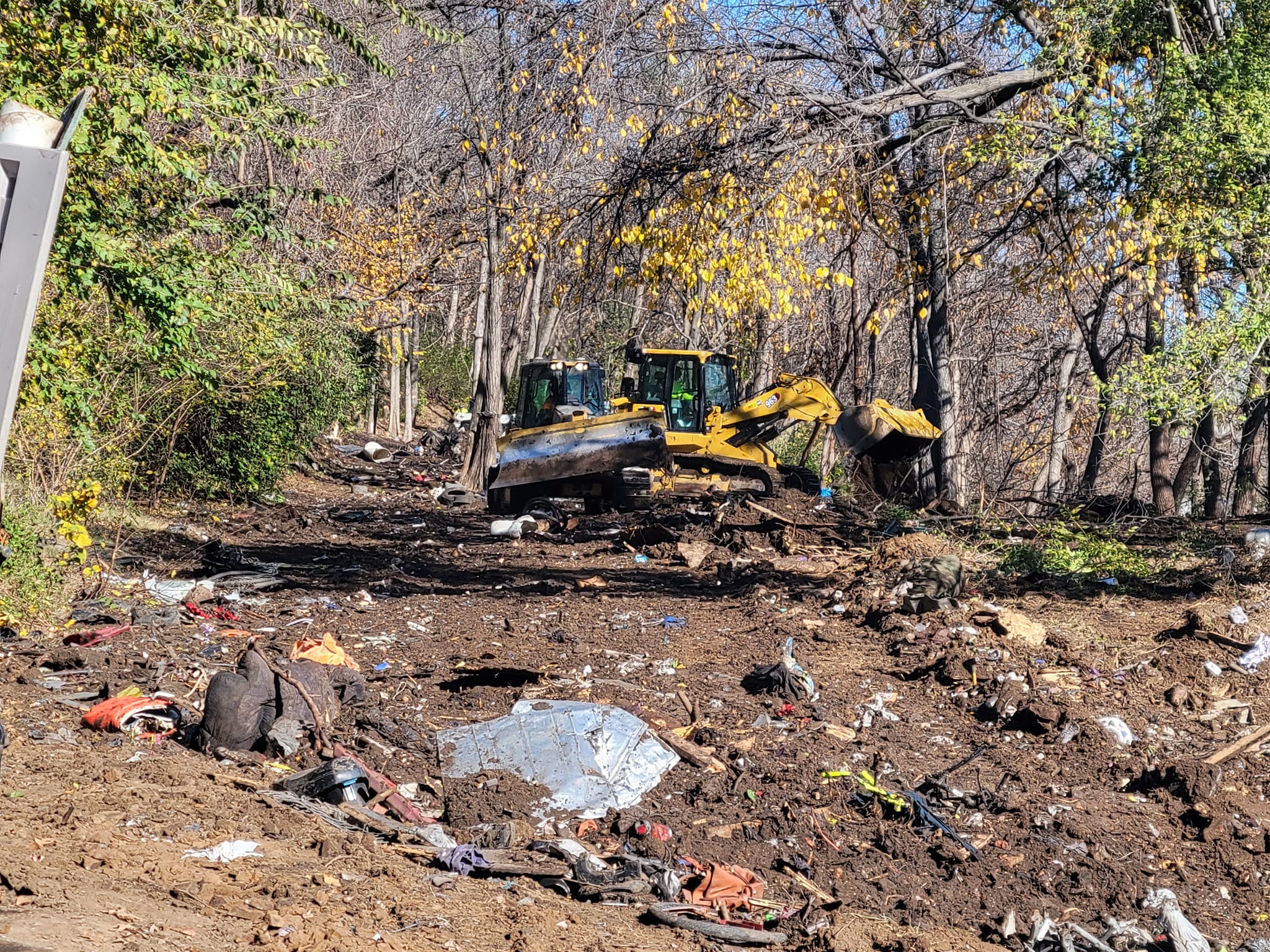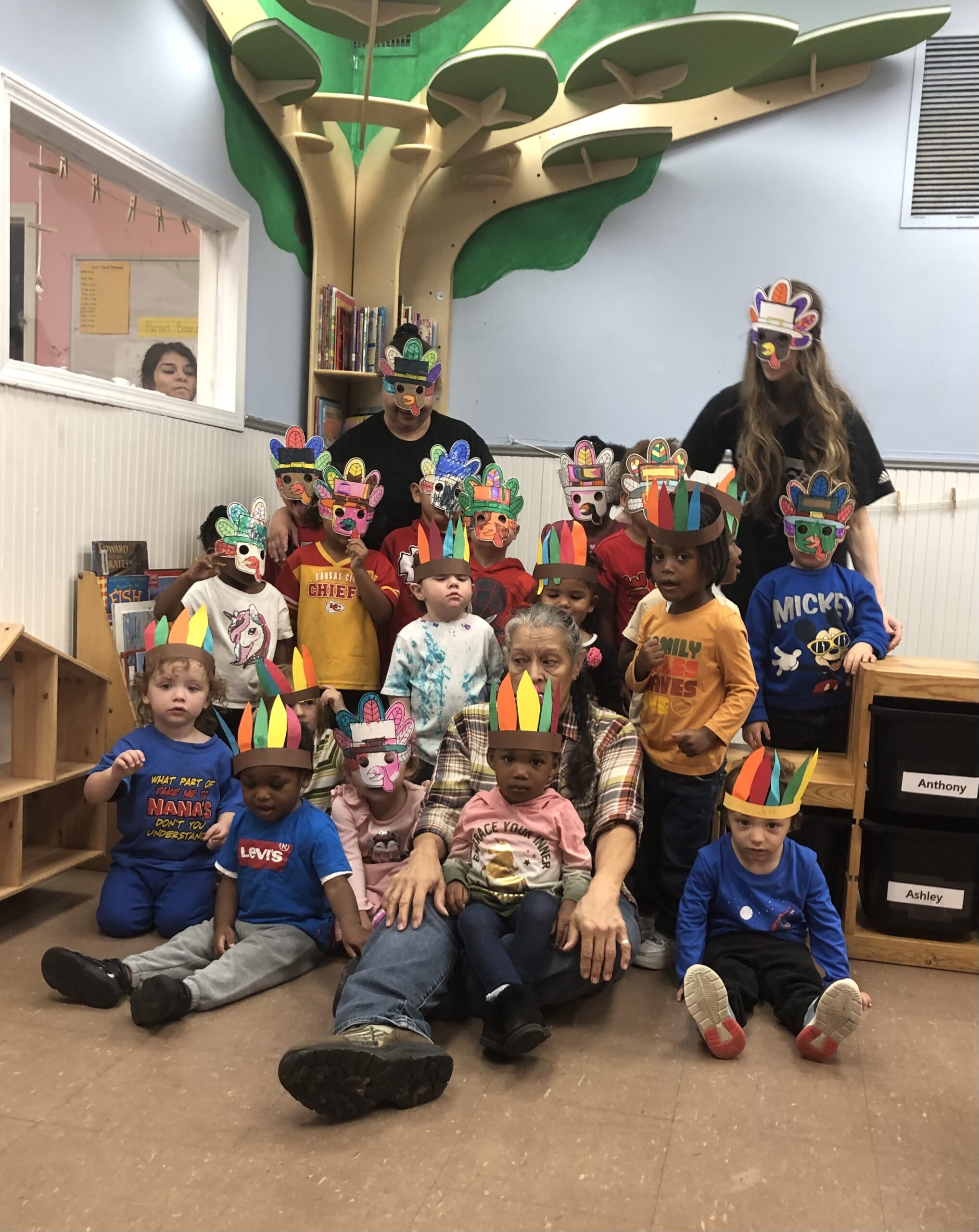
Thursday, April 16, Kansas City Mayor Quinton Lucas extended the citywide stay-at-home order until Friday, May 15. The order was originally set to expire Friday, April 24.
In a recent interview, Mayor Lucas discussed his perspective on how Kansas City has responded to the coronavirus pandemic, his priorities, how he is working with schools during this time, and what it has taught him in his leadership role.
What are your thoughts on how Kansas City has handled the COVID-19 pandemic thus far?
“This has been an incredibly dramatic time and it’s been tough for a lot of people. I know that Kansas City has done an outstanding job so far with it, so I’m very proud of the efforts that we have all taken to make our friends, families, and neighbors safer.”
What are your current top priorities regarding COVID-19?
“A few different things. One, I think we need to make sure that we continue to see a reduction in our peak infections. I think there are a lot of data sets that are flying around but generally, I want to make sure that we are not seeing new cases of community spread. Right now, I think a lot of people, as they should be, are looking at door handles or looking at any number of things, not knowing where they might be getting this from. It’s my view that we want to see a change there, we also want to see ourselves in a much better position to do contact tracing, which I think is essential for us, so that is one step. Then, I think there is another, which is, we need to continue to work with our hospitals and others to make sure we are prepared to handle whatever may be coming our way and I think we are happy to see that we are in a state of better preparation now, but, that’s the work we need to do.”
Any updates on what the testing has looked like in Kansas City?
“I think we are increasing our testing. Today, in my press conference, I’ll be able to talk a little bit more about how we are enhancing our testing opportunities, particularly in different areas of the city, among different income level populations and I’m excited by the fact that we are really seeing true expansion of our testing capacity.”
Disproportionate impact on the 3rd District
“I think it is another sign of things that we see too often, which is that folks are disproportionately impacted by all the different factors that relate to health and income inequality. The fact that there is often a different ability to achieve care, obtain care, there is a different opportunity for some people versus others to be able to actually speak with or interact with their providers, sometimes there is a language barrier. There are things that are ongoing concern issues and I think that this drama is showing that once again.”
Extension of stay-at-home order into May 15
“Right now I am happy to note that our order currently is planned to be extended to May 15. The hope is that we are seeing more work that can be done adequately through issues relating to how we can do better tracing, how we can do better testing, so that is where I want us to be and that is what I want us to be able to explain a little better this afternoon and that’s what we are expecting to gain in the weeks ahead.”
What are the factors to determine what the peak will look like and what are health officials saying?
“I listen to what our health officials say and I know there are all types of different data sets, but I think we look to hospitalizations as a key indicator, certainly total infections are a part of it, and deaths are a part of it. There is something missing and I know this is a huge impact on business and I know there are a number of different issues, but how many deaths are acceptable? I have a lot of people asking me questions about ‘how can you do this when a few people will die, but our economy is going to hurt, too?’ Well, who’s death? Your mother’s? Mine? Our grandma’s, our uncle’s, our coworker’s? When do we make that decision? I think, and maybe it’s just where I’m from and my worldview, but I think economies are resilient, I think people are resilient. I grew up poor and I’m doing better now. I’ll tell you one thing, if I were dead, I wouldn’t be a participant, so that’s why I listen to our health experts. I was asked on the radio earlier today ‘why do you listen to your health experts and not your economic experts?’ Well, we have different things to do. I think people who go through med school do all that work to make sure we can stay alive and they understand the position we are in. They understand that we can’t keep things closed forever and that’s why they rely on data to make these decisions and very serious recommendations.”
What factors determine what can be opened and how KC can gradually return to normal?
“A few things. One is that it will be gradual, and I think that’s an important part. We won’t be having a full Royals game on May 16. At the same time, I think we’ll look to things like capacity in businesses, restaurants, and establishments. We’ll be looking at things like how we can maintain social distancing as much as possible. That’s the sort of work we will be doing and that’s what it looks like. In the same way that it took us a decent amount of time to add these orders, it will probably take some time to break them down and that’s what I think everybody recognizes.”
What issues has this pandemic brought to light in KC that need to be addressed/improved.
“A few different things. One, how we provide social services. We are seeing a huge challenge with that. I’m used to and many of us are used to knowing about soup kitchens, feeding children at one central location, when we are fighting crime we have one central involvement. During this moment, we can’t do any of that and that tells us that how we work with individuals, how we are relating better, that’s the real way that we need to try to answer these things, that’s the way we need to try and address them. That is the real lesson I’ve learned from that and I’m hopeful that we can do more work on that. It’s going to be vital for us.”
How has this shaped you as mayor and what have you learned from this?
“I think that among the things I’ve learned is that you have to act quickly and you have to always rely on evidence and rely on what the smart people around you are saying. I could substitute my political opinions for any number of things, frankly I would have loved to have attended a Big12 Tournament, but it wasn’t the right call. This isn’t what Quinton wants, this is what our public says is necessary and that is what I’ve learned. I’ve learned to listen. I’ve learned to make sure we are following that data and that’s the work we are going to do.”
How are you working with the schools in the Kansas City area right now?
“In a few different ways, one of which is we are really trying to make sure that we communicate with them as much as possible. I talk to probably a different superintendent almost everyday and I think we will continue to do that important work. I think even more to that point, we need to help them where we can. There are a lot of children who need food. There are a lot of children who are going to need activities during this time. We have got to make sure that we are doing the work and effort to make sure we are with them in terms of how we are actually not going to just open up, but how we are going to provide services in the interim. One month is a long time for a kid who is homeless. One month is a long time for a kid without food. We need to make sure we are part of a solution and how we can address those issues for them.”

















